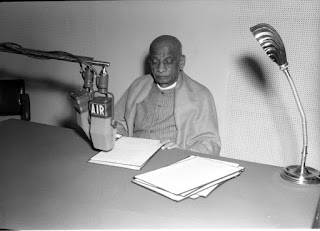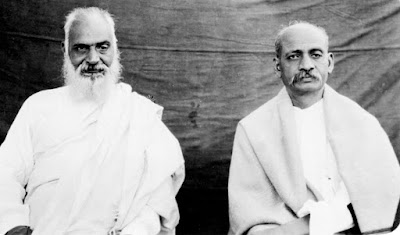Standing amidst the ruins of the famous temple of Somnath, during his visit to Kathiawar, in connection with the Junagadh State's preservation from anarchy by the Indian Dominion, Sardar Vallabhbhai Patel declared last week that the temple would be re-constructed and the image of Somnath reinstalled in the same site, where they stood when Mahomed Ghazni sacked and looted one thousand years ago. This act of vandalism which Professor Habib has condemned as an act of avarice under the cloak of religion, was a wrong both to islam and to Hinduism-more to Islam than Hinduism. The restoration of the temple and the re-installation of the image will be a tardy atonement. But no one with a spark of historic feeling, can fail to be thrilled by the declaration of the Sardar with whom were Mr. N. V. Gadgil, Minister of Public Works in the Government of India, and the Jam Saheb of Nawanagar in whose territory Patan is situated. The outstanding movement of the last century and a half is the revival of Hinduism and the reconstruction of the Somnath Temple will be a fitting climax to it. It should not cost the State a single piece. Hindus all over India will gladly contribute the necessary funds. Broad-minded muslims too will co-operate in redeeming their great religion from an infamy which the Ghaznavite's greed has associated with it in the popular mind.
Source - Indian Social Reformer - 22nd November 1947
VANDE MATARAM






















